
Sustainable IT: Ways to Make Your Business More Eco-Friendly
In today’s rapidly evolving world, the urgency to adopt sustainable practices has become more critical than ever before. Businesses around the globe are recognizing their responsibility to reduce their ecological footprint and contribute to a greener future.
As a forward-thinking organisation, we understand the importance of eco-friendliness, and in this article, we will delve into effective strategies that can transform your business into an environmentally conscious entity, from utilising energy-efficient computers and servers to promoting paperless workflows. Let’s explore these sustainable IT practices that can help your business thrive while making a positive impact on the planet.
Energy Efficiency: Transforming Computing for a Greener Tomorrow
Energy-efficient computers and servers have emerged as one of the cornerstones of sustainable IT practices. Traditional computing systems often consume excessive power, contributing to a higher carbon footprint. However, by embracing energy-efficient hardware and optimising power consumption, your business can significantly reduce energy usage without compromising on performance.
Investing in hardware designed with energy-saving technologies, such as low-power processors and intelligent power management systems, can yield substantial long-term benefits. These systems not only consume less energy during operation but also generate less heat, leading to reduced cooling requirements and further energy savings. Moreover, transitioning to solid-state drives (SSDs) instead of traditional hard drives can improve energy efficiency while enhancing overall system responsiveness.
Useful Tip: To assess the energy efficiency of computers and servers, look for the Energy Star certification. Energy Star-certified devices meet strict energy efficiency standards and can help your business save on operational costs while minimising environmental impact.
Relevant Source: Energy performance certificates for business premises
Responsible E-Waste Management: Closing the Recycling Loop
E-waste, the discarded electronic devices and equipment, presents a significant environmental challenge. In a bid to tackle this issue, responsible e-waste management has become imperative. Many electronic components contain hazardous materials that can leach into the environment if not disposed of properly. By recycling e-waste through certified recycling programs, your business can prevent toxic substances from contaminating soil and water, while also reclaiming valuable materials for reuse.
Collaborating with reputable e-waste recycling partners ensures that your discarded electronics are dismantled, sorted, and processed in compliance with environmental regulations. Additionally, promoting employee awareness about the importance of proper e-waste disposal can foster a culture of sustainability within your organisation.
Useful Tip: When disposing of old electronics, consider using recycling programs provided by manufacturers or retailers. They often have processes in place to ensure proper handling and recycling of e-waste.
Relevant Source: Waste Electrical and Electronic Equipment (WEEE) Recycling
Harnessing Renewable Energy: Powering Your Business Responsibly
Transitioning to renewable energy sources is a pivotal step in reducing your business’s carbon footprint. Solar, wind, hydroelectric, and geothermal energy are all renewable options that can power your operations while significantly decreasing reliance on fossil fuels. By integrating renewable energy sources into your infrastructure, you can not only minimise greenhouse gas emissions but also potentially achieve long-term cost savings.
Installing solar panels on your premises, for instance, not only generates clean energy but also serves as a visible commitment to sustainability that resonates with customers and stakeholders. Many regions offer incentives and subsidies to businesses adopting renewable energy solutions, making the transition financially viable as well as environmentally impactful.
Useful Tip: Research government incentives and grants available in your region to support the adoption of renewable energy technologies for your business.
Relevant Source: Renewable Energy in the UK the Carbon Trust
Embracing Paperless Workflows: Reducing Waste and Streamlining Operations
In the digital age, the push for paperless workflows has gained momentum. Businesses can significantly reduce paper consumption by leveraging digital tools and technologies. Transitioning from paper-based processes to digital alternatives not only conserves natural resources but also streamlines operations and enhances productivity.
Implementing robust document management systems and cloud-based collaboration platforms enables seamless sharing, editing, and archiving of documents, eliminating the need for physical copies. Electronic signatures and online forms further expedite transactions while minimising paper waste. By promoting paperless practices internally and externally, your business can foster a sustainable image and inspire others to follow suit.
Useful Tip: Explore electronic signature platforms to simplify contract signing processes and reduce the need for printing physical documents.
Relevant Source: Electronic Signature Solutions for Businesses
Optimising Power-Saving Settings: Minimising Energy Waste
A simple yet often overlooked strategy to enhance eco-friendliness is optimising power-saving settings across your IT infrastructure. Computers, monitors, printers, and other electronic devices can be configured to enter low-power modes when inactive. These settings not only conserve energy but also extend the lifespan of your hardware.
Encouraging employees to adhere to power-saving practices and educating them about the impact of their actions can yield substantial energy savings collectively. Implementing automated shutdown schedules for non-essential devices, such as after working hours, can contribute to further energy conservation without affecting daily operations.
Useful Tip: Consider implementing smart power strips that automatically cut off power to peripheral devices when the main device is turned off.
Relevant Source: Smart Power Strips for Energy Savings
Pioneering a Sustainable Future Through IT
In conclusion, as advocates of sustainability, we firmly believe that businesses have the power to drive positive change and make a lasting impact on the environment. By incorporating energy-efficient computers and servers, recycling e-waste responsibly, harnessing renewable energy sources, promoting paperless workflows, and optimising power-saving settings, your organisation can lead the charge toward a eco-friendly future.
These sustainable IT practices not only align with environmental goals but also demonstrate your commitment to ethical and responsible business operations. As businesses across the UK and beyond seek to position themselves as leaders in sustainability, embracing these strategies will not only help your business thrive but also contribute to a healthier planet for generations to come.
Together, we can shape a brighter, more sustainable future—one eco-friendly IT decision at a time.
Don’t hesitate to contact us. Email us via our email or call us on 0330 1224 420
Questions: [email protected]
Here's our live calendar!





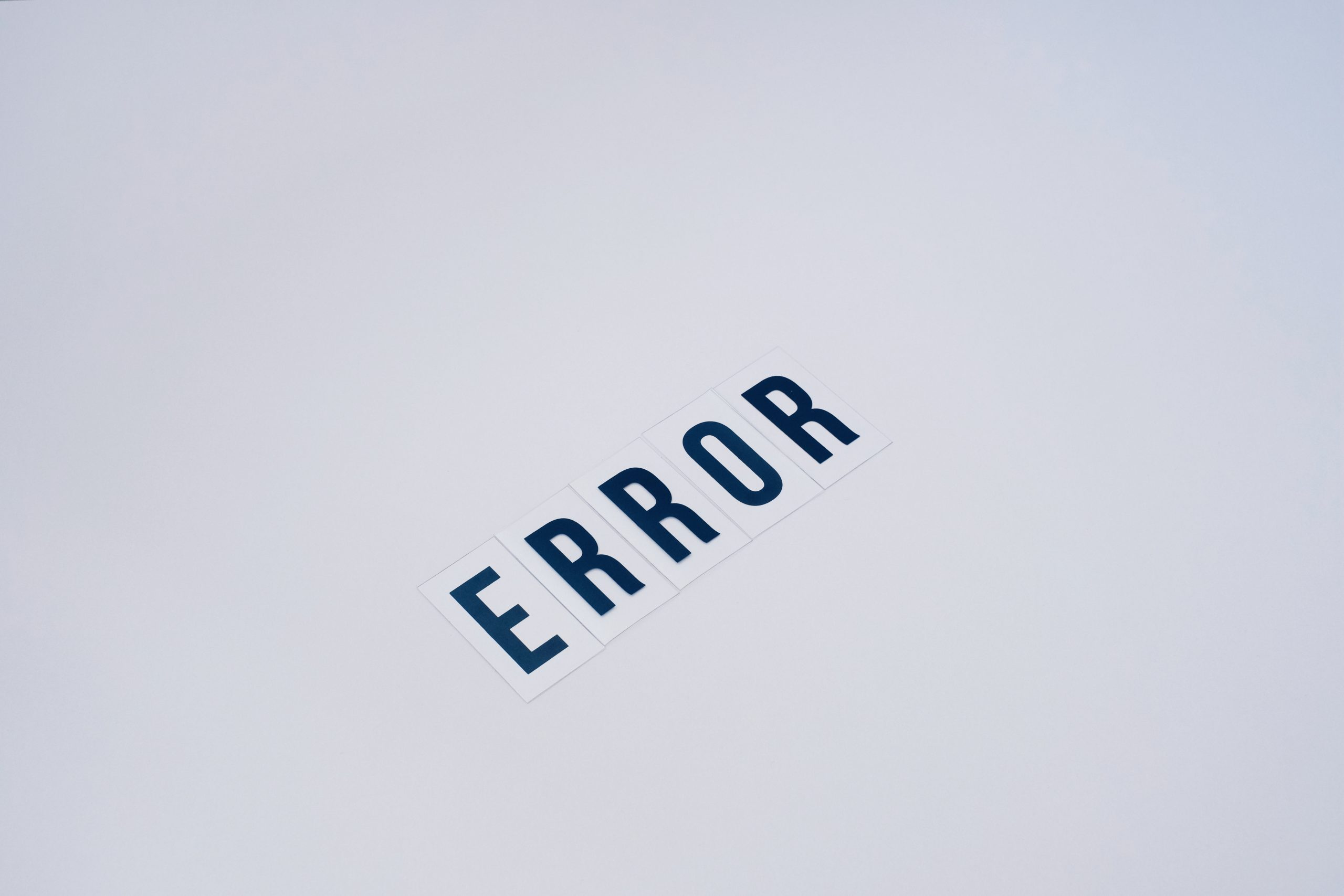

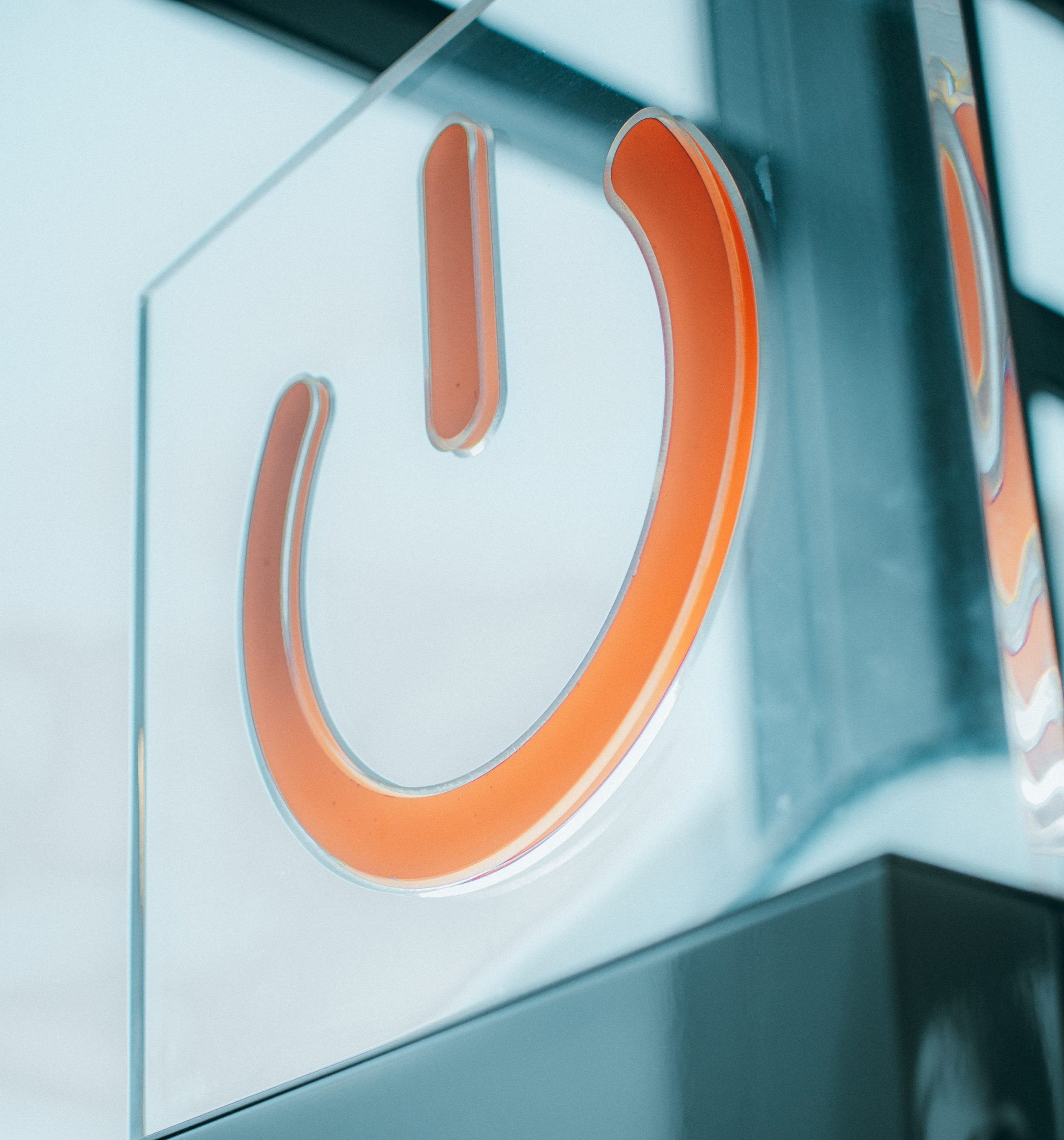





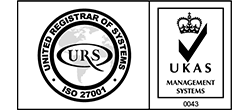
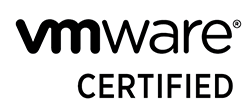
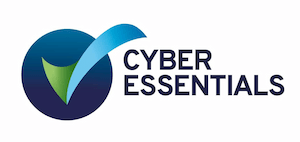
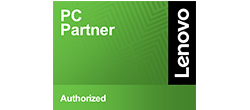
Recent Comments